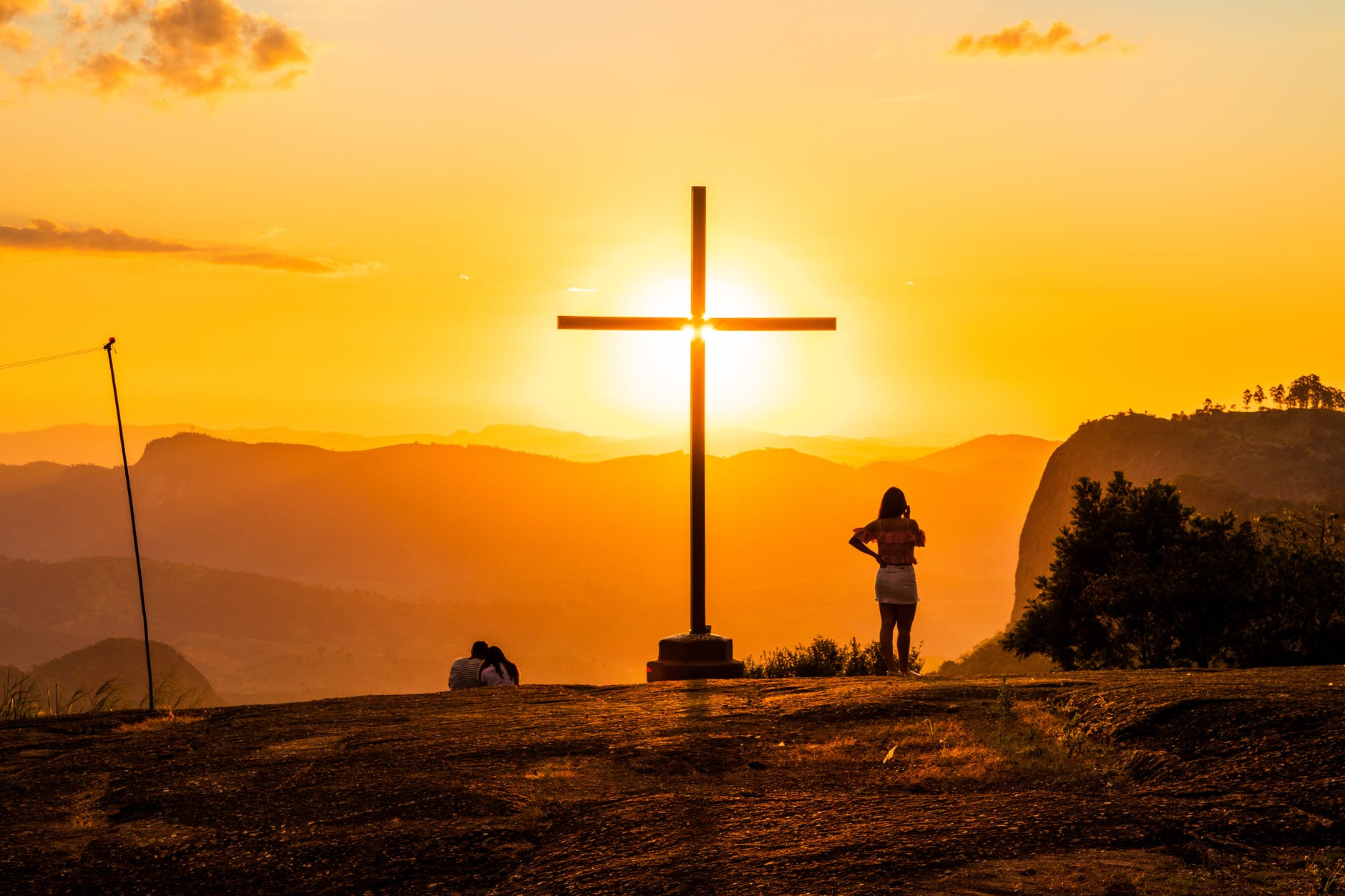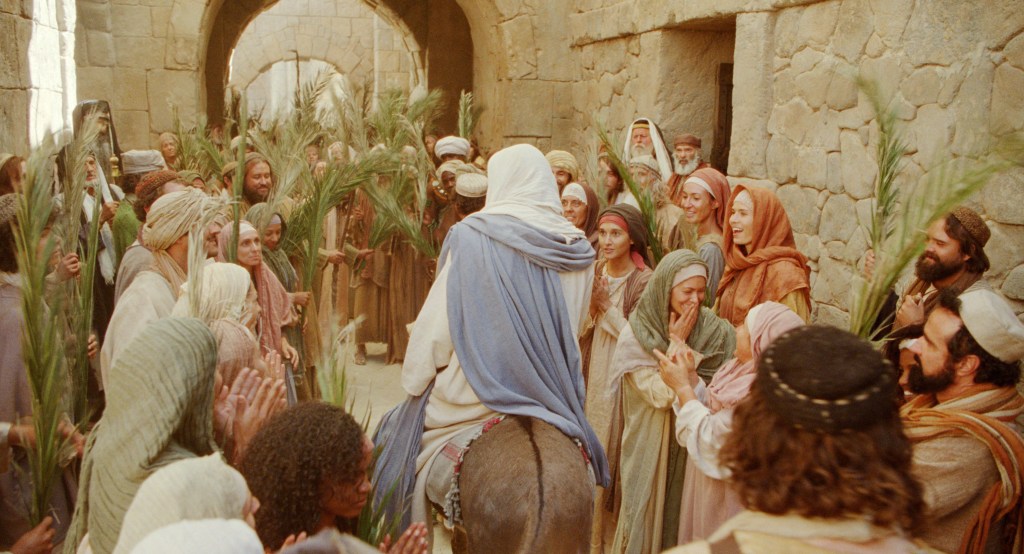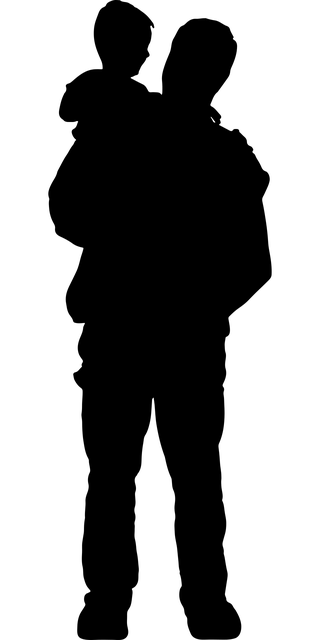
A man owed billions of dollars to his employer. As a minimum wage earner, his chances of paying off such an astronomical debt were nonexistent. His employer, in an attempt to recover at least some of his money under the laws of his country, decided to sell the man and his family as slaves and sell off the man’s property. The man begged for time, promising to pay the debt despite insurmountable odds. The employer, knowing the situation and having deep sympathy for the man’s plight, decided that even that great sum of money was not as important as the man’s life and decided to wipe that great debt from the books as if it had never happened.
The man’s future had been saved, and he should have recognized the enormous opportunity he had been given to start fresh with a new outlook on life. Instead, he assumed an overimportant, entitled attitude, physically assaulted a fellow minimum-wage employee who owed him a few thousand dollars, demanded that every penny be paid immediately. When the other employee could not and begged for time to pay the debt, this man furiously and unreasonably had the other jailed until he would agree to pay the full amount.
When the employer heard what had happened, he was furious. He had given this man a chance for a future that he could never have under the weight of his crushing debt, and instead of taking that chance, the man had taken it as a sign that he was better than others and entitled to whatever he wanted whenever he wanted it. The employer reinstated the debt, called the police, and had the man arrested for embezzlement. Instead of having a future, the man would now spend the rest of his life in jail, without the opportunity of repaying even the smallest portion of what he owed.
In the beginning God created a perfect world, setting humans born of his own breath as its crowning glory. Instead of appreciating this incredible gift, humans decided they needed more and destroyed God’s perfect creation. Much like a financial loan that accrues interest the more time goes by without full payment, humanity continued to pile sin upon sin on a debt far greater than any financial obligation we could ever accrue. Two thousand years ago, on a wooden cross covered in His own blood, God wiped that debt from the books as if it had never been.
What do we do with this incomprehensible gift? I fear that most of the world behaves like the employee in the story. Rather than recognizing what an opportunity has been given them to rise above the petty desires of this world, rather than gratefully passing on the relief from this crushing weight of spiritual embezzlement, they waste their liberty in abusing humanity and demanding what they feel entitled to have. No obligation in this world, no imaginable slight on earth, could possibly come close to the spiritual obligation cleared by the gift offered on that cross, yet we become petty tyrants rather than relinquish any claims on our fellow humans.
Selfishness did not produce the result the employee in the story desired. Rather than getting everything he wanted and thought he deserved, he lost the opportunity to have anything for the rest of his life, and died with the insurmountable debt marking his name. Selfishness will not serve us either. Our jail will not be a physical one, and will not end with the death of our bodies. We will be tortured for eternity, with our debt to our creator burned into our consciousness as a constant reminder of what we threw away. Why would we choose such a fate for the sake of temporary and unfulfilling gratification, when we have been gifted a future worth more than the entire universe, a future we could never achieve on our own? Why would we waste the gift of our forgiven debt?









